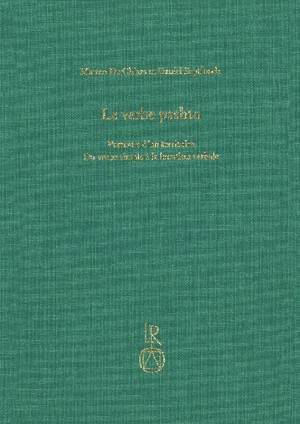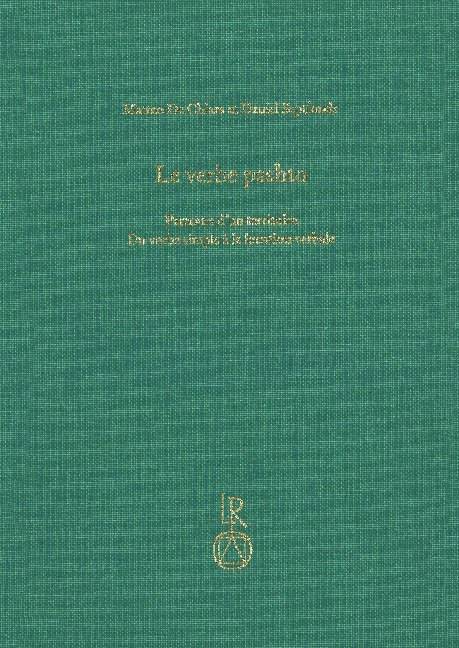
- Afhalen na 1 uur in een winkel met voorraad
- Gratis thuislevering in België vanaf € 30
- Ruim aanbod met 7 miljoen producten
- Afhalen na 1 uur in een winkel met voorraad
- Gratis thuislevering in België vanaf € 30
- Ruim aanbod met 7 miljoen producten
Zoeken
Le Verbe Pashto
Parcours d'Un Territoire Du Verbe Simple a la Locution Verbale
Matteo De Chiara, Daniel Septfonds
€ 82,45
+ 164 punten
Omschrijving
Pashto is an Iranian language spoken by almost 50 million speakers in eastern Afghanistan, western Pakistan, as well as in an important diaspora. Pashto, official language of the Afghan refugees along with Dari (Afghan Persian), is nowadays the focus of a growing interest, not only in the humanitarian field but also in linguistic studies. Its verbal system presents many peculiarities and interesting characteristics, which until now have been neglected, even if they could help clarify the whole Iranian verbal system. This work aims at describing the entire verbal system of Pashto, highlighting all the theoretical problems, and contributing to the advancement of our knowledge in the Pashto and general linguistics. The work opens with an analysis of the Pashto verbal system from a syntactic perspective: we can identify three kinds of verbs: transitive, intransitive and anti-impersonal. After that, the Authors deal with the morphologic perspective, according to which all verbs can be divided in Simple Verbs, Verbalizers, Compound Verbs, Mixed Verbs and Light Verb Constructions. A detailed presentation of the sources of dialectal variation completes this first part. From chapter 4 to chapter 8 all the categories of verbs abovementioned are treated in detail. For each class of verbs all existing exceptions and irregularities are taken into account, thus identifying three main processes of regularization, called "frontiers". Two appendixes complete the work: the first one proposes a model of the conjugation and provides all the possible variants; the second appendix proposes a detailed analysis of twelve verbs, completed with dialectology, phraseology and lexicology. This part foreshadows a second volume which will contain a detailed study of all Pashto simple verbs. The manifold audience to which this work addresses is composed principally by scholars and researchers involved in the fields of linguistics and Pashto and Iranian studies, but also by students of Pashto language and by all those working in the humanitarian field and with refugees.
Specificaties
Betrokkenen
- Auteur(s):
- Uitgeverij:
Inhoud
- Aantal bladzijden:
- 176
- Taal:
- Frans
- Reeks:
- Reeksnummer:
- nr. 43
Eigenschappen
- Productcode (EAN):
- 9783954903757
- Verschijningsdatum:
- 6/05/2019
- Uitvoering:
- Hardcover
- Formaat:
- Genaaid
- Afmetingen:
- 170 mm x 240 mm
- Gewicht:
- 471 g

Alleen bij Standaard Boekhandel
+ 164 punten op je klantenkaart van Standaard Boekhandel
Beoordelingen
We publiceren alleen reviews die voldoen aan de voorwaarden voor reviews. Bekijk onze voorwaarden voor reviews.











